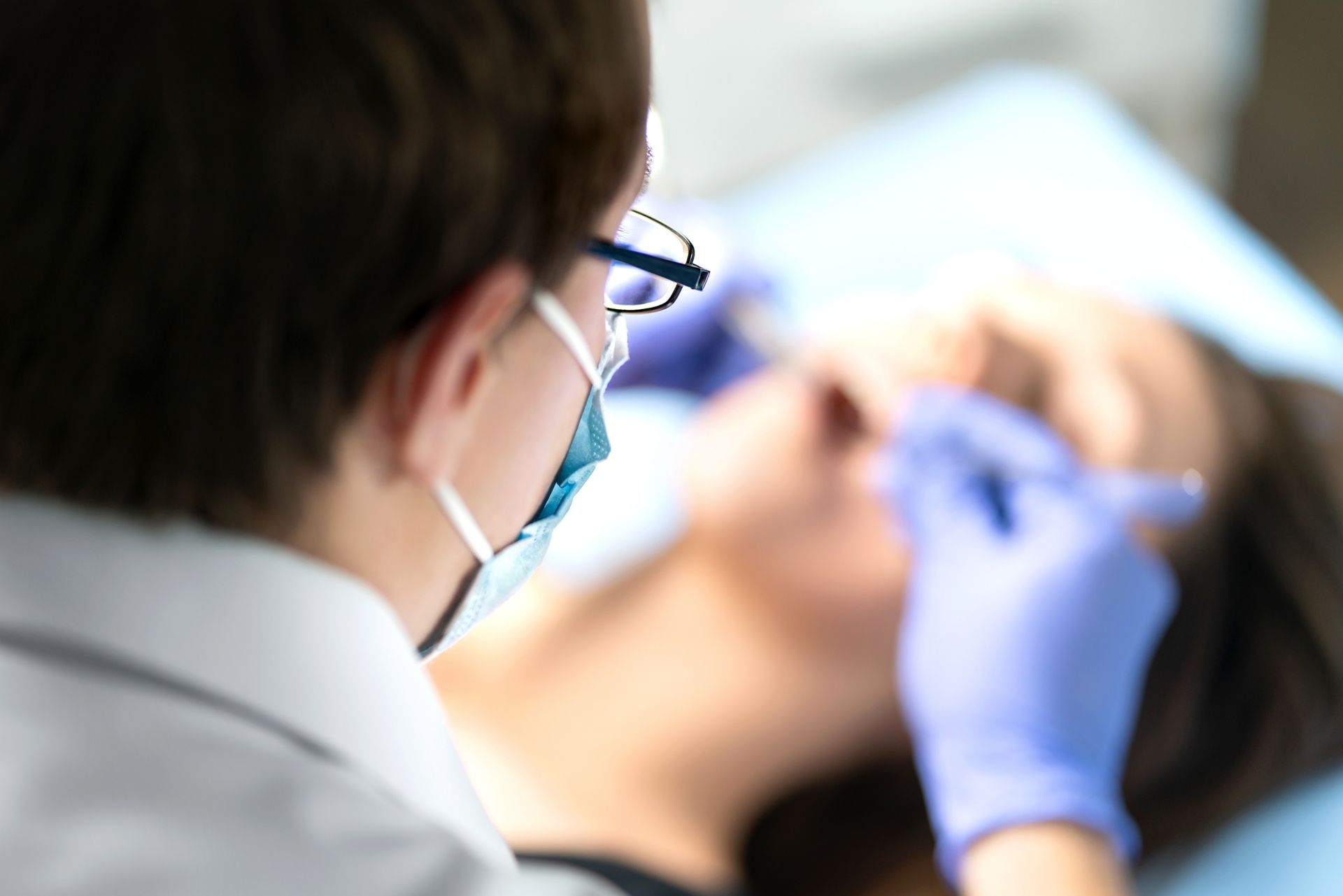
If you’re facing wisdom teeth extractions, you might be experiencing mixed feelings of anxiety and curiosity. At the San Diego Center for Oral and Maxillofacial Surgery, many patients wonder what the process will entail and how recovery unfolds. This guide aims to walk you through the experience step-by-step, detailing the extraction procedure, the sedation choices available, and essential recovery tips to help minimize discomfort and support faster healing. Whether your wisdom teeth are impacted or simply causing discomfort, knowing what to expect can ease your mind and prepare you for a smoother journey.
Step-by-Step Overview of the Wisdom Teeth Extraction Process
The process of wisdom teeth extractions in San Diego, CA, generally follows a carefully planned sequence designed to ensure patient comfort and safety:
- Initial Consultation and Evaluation: Your oral surgeon will start with a comprehensive exam, including X-rays of your jaw and teeth. This evaluation determines the position of your wisdom teeth and the complexity of the extraction.
- Planning the Procedure: Based on your specific case, the surgeon will discuss your sedation and pain management options and schedule the extraction.
- Preparation: On the day of the procedure, you’ll receive sedation if needed. Options range from local anesthesia (numbing the immediate area) to general anesthesia, depending on the complexity of your extraction and your comfort preferences.
- Extraction: The surgeon will make an incision in the gum tissue to access the wisdom teeth if they are impacted. The teeth may be removed in small pieces to minimize bone removal and trauma.
- Closure: After the extraction, the incision site will be cleaned and sutured, if necessary, to encourage healing.
- Recovery Instructions: You’ll be given detailed aftercare instructions to follow at home, including medication schedules and activity restrictions.
Sedation and Pain Management Options Available at San Diego Oral Maxillofacial
Managing pain and anxiety is crucial during wisdom teeth extractions. The San Diego Center for Oral and Maxillofacial Surgery offers several sedation options tailored to your needs:
- Local Anesthesia: Numbs only the surgical area, keeping you awake but pain-free.
- Nitrous Oxide (Laughing Gas): A mild sedative inhaled through a mask that helps you relax while remaining conscious.
- Oral Sedation: Taken in pill form before the procedure to create a calm, drowsy state.
- Intravenous (IV) Sedation: Provides deeper sedation with rapid onset, allowing for a semi-conscious state and minimal memory of the procedure.
- General Anesthesia: Used rarely and usually for complicated extractions or very anxious patients, putting you completely to sleep during surgery.
Your oral surgeon will assess the best sedation method based on your medical history and comfort level to ensure a safe, painless experience.
Trusted Expertise for Wisdom Teeth Extractions
Choosing the right oral surgery center is crucial when planning wisdom teeth extractions in San Diego, CA. The San Diego Center for Oral and Maxillofacial Surgery offers expert care from highly trained specialists who prioritize your comfort with personalized sedation options and attentive support throughout the entire process. Their dedication to using advanced techniques helps minimize trauma during surgery and promotes faster, smoother healing.
By selecting this trusted provider, you benefit from cutting-edge technology and comprehensive aftercare instructions tailored to your unique needs. Whether your wisdom teeth are impacted, causing discomfort, or likely to create problems in the future, the experienced team at San Diego Center for Oral and Maxillofacial Surgery ensures your treatment is safe, effective, and as stress-free as possible.
Expert Recovery Tips to Minimize Swelling and Promote Faster Healing
After wisdom teeth extractions, proper care is essential for a smooth recovery:
- Manage Bleeding: Bite gently on gauze pads as directed to control bleeding. Change gauze every 30 to 45 minutes until bleeding slows.
- Control Swelling: Apply an ice pack wrapped in a cloth to the outside of your face near the extraction site for 15 minutes on, 15 minutes off, during the first 24 to 48 hours.
- Take Prescribed Medications: Follow the oral surgeon’s guidelines for pain relief and antibiotics to prevent infection.
- Diet Adjustments: Stick to soft foods like yogurt, mashed potatoes, and smoothies for several days. Avoid hot, spicy, or crunchy foods that may irritate the site.
- Maintain Oral Hygiene: Rinse gently with salt water starting 24 hours after surgery. Avoid vigorous rinsing or spitting to protect the clot forming in the socket.
- Rest and Limit Activity: Keep physical activity low to reduce the risk of complications, such as dry socket or prolonged bleeding.
- Follow-Up Appointments: Attend any scheduled visits to ensure proper healing and to remove sutures if necessary.
By adhering to these recovery tips, patients who undergo wisdom teeth extractions can enjoy faster, more comfortable healing and reduce the risk of complications.

Take the Next Step Toward a Comfortable Recovery
Knowing what to expect during and after wisdom teeth extractions in San Diego, CA, empowers you to make informed decisions and approach your procedure with confidence. From understanding the surgical steps and sedation options to following expert recovery advice, you can ensure the best possible outcome for your oral health. If you’re ready to take the next step or have questions about wisdom teeth extractions, contact the San Diego Center for Oral and Maxillofacial Surgery today to schedule your consultation and learn more about how we can help you smile comfortably and confidently.
